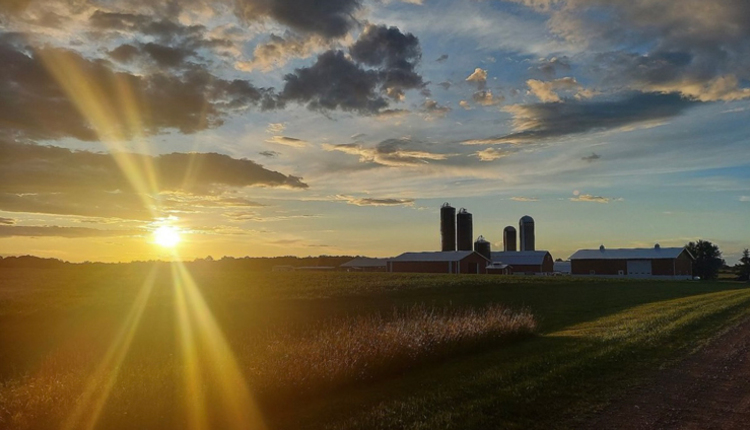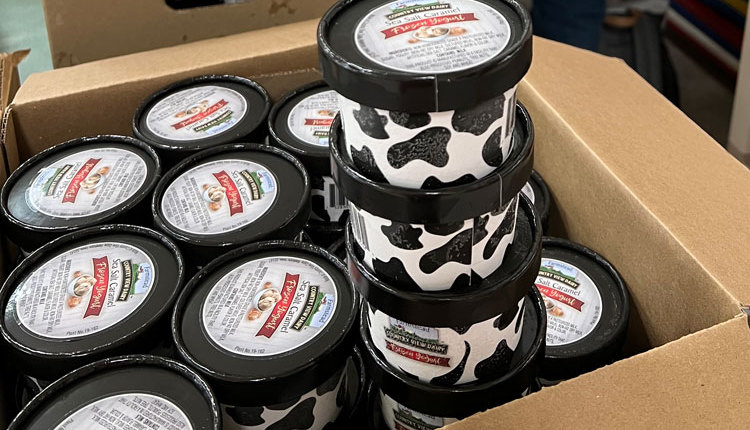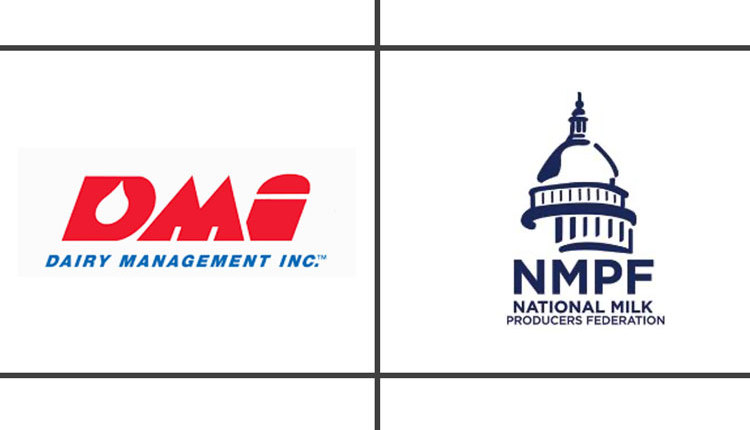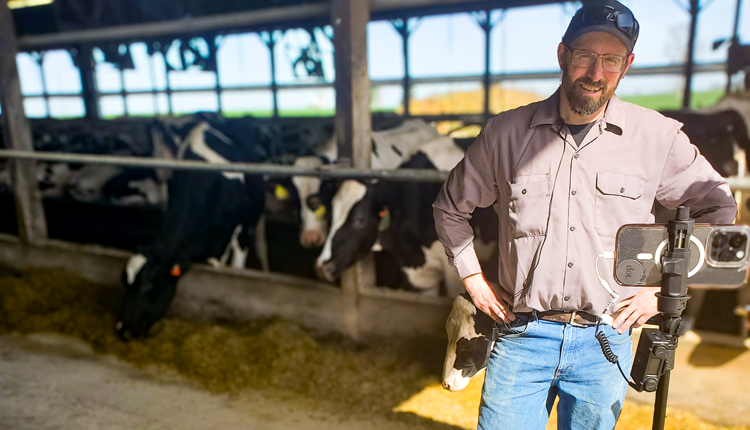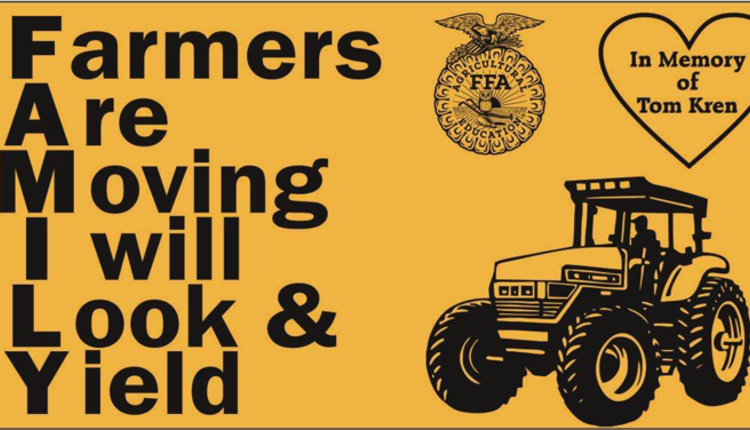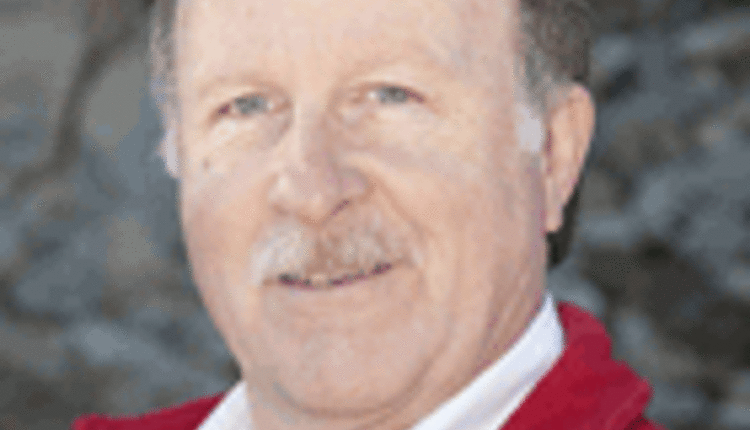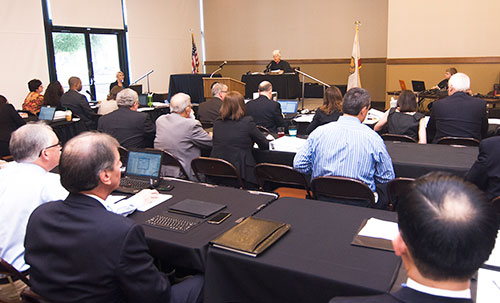
Today concludes the fourth week of the public hearing being conducted by the U.S. Department of Agriculture in Clovis, Calif., to gather input on four proposals that have been submitted for a Federal Milk Marketing Order (FMMO) in California.
It is so far proving to be the long and tedious process that many expected, and has so far seen minimal input from dairy producers themselves. Daily proceedings from the hearing can be heard via internet webcast at http://www.ams.usda.gov/live
The sheer magnitude of a potential California FMMO – the state produces one-fifth of all milk in the U.S. – has attracted nationwide attention because it would likely have financial ripple effects on producers across the country.
California dairy owners would be the biggest winners, especially under the proposal submitted by the state's three largest dairy cooperatives, according to USDA's 46-page regulatory impact analysis of the economic effects resulting from all four proposals. The report can be downloaded for free at http://www.ams.usda.gov/sites/default/files/media/Preliminary%20Impact%20Analysis%20-%20Final.pdf
It estimates that total California producer revenue during the first eight years of an FMMO would average $700 million per year more compared to the current statewide pricing system. Producers in the former Western FMMO (covering parts of Utah, Idaho, and Nevada) would average $300 million per year more.
Meanwhile, producers everywhere else in the U.S. would see a combined average of $230 million less total revenue per year. Below is a breakdown, per USDA's analysis, of average annual changes in each FMMO that would occur under the co-ops' proposal:
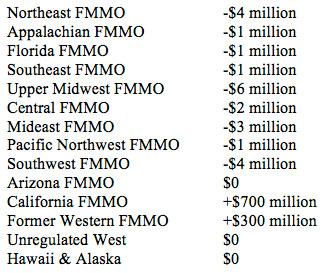
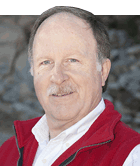
The author has served large Western dairy readers for the past 38 years and manages Hoard's WEST, a publication written specifically for Western herds. He is a graduate of Cal Poly-San Luis Obispo, majored in journalism and is known as a Western dairying specialist.

